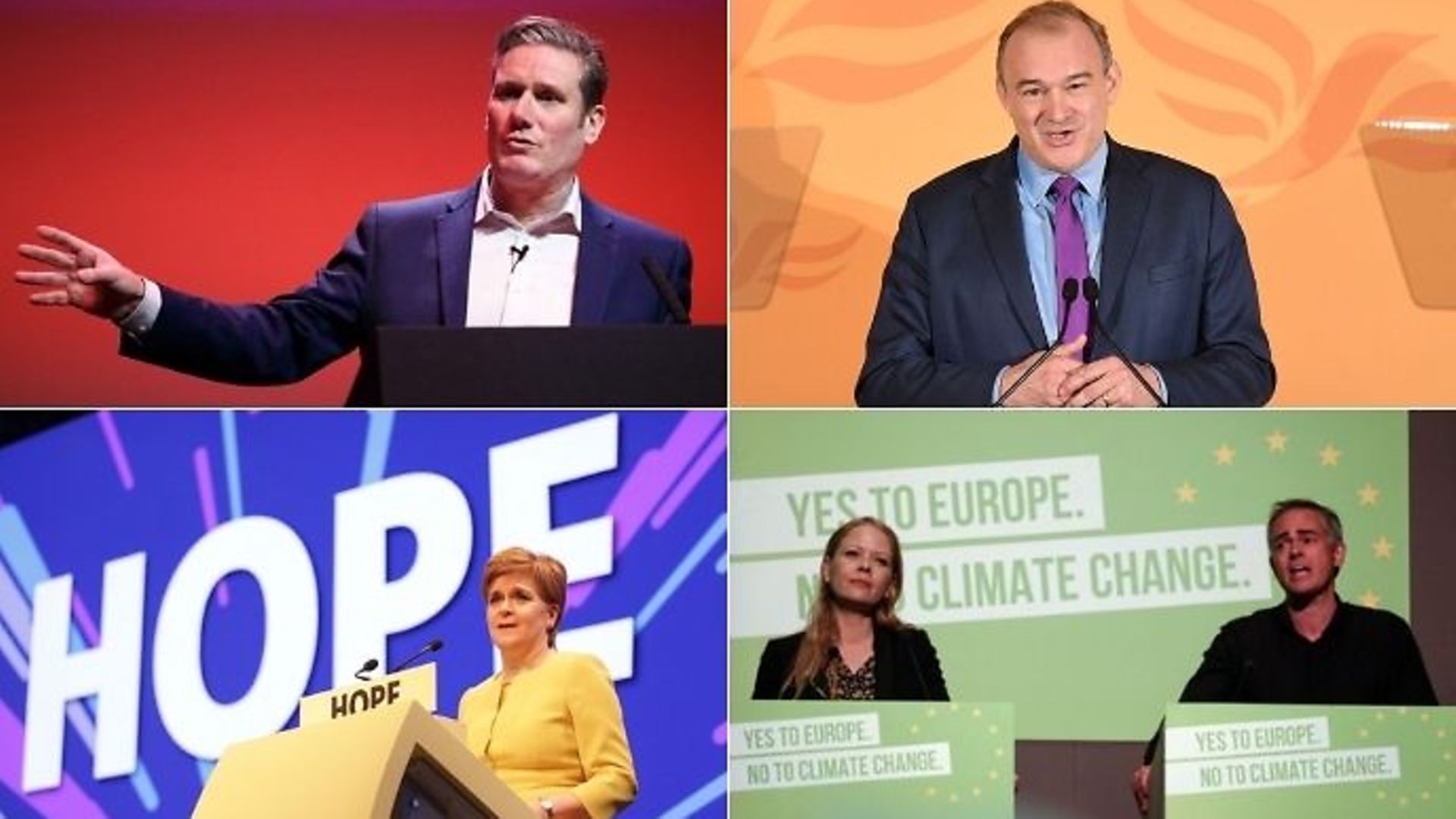
The chair of a pro-EU lobbying group has urged Sir Keir Starmer to lead a cross-party “progressive alliance” to reform UK politics in the wake of Brexit.
Stephen Dorrell, the chair of the European Movement – a grass-roots group focused on promoting close ties between the UK and Europe – said the first-past-the-post system of voting allowed “a small clique” around Boris Johnson to impose its will on the rest of the UK.
In an open letter to the Labour leader, published in The Independent, he told Sir Keir that it was time to “rise above your legitimate concerns as leader of the Labour Party and take on the mantle of national leadership as leader of the opposition” by building a broad movement to deliver a “new politics”.
Dorrell campaigned hard against Brexit as the chair of the European Movement – a grass-roots group focused on Britain keeping close ties with Europe – and quit the Conservative Party in 2019 to join Change UK and later the Liberal Democrats but failed to win a seat in that year’s election.
The former minister said he had not discussed the plan with Lib Dem leader Sir Ed Davey and acknowledged that it would be a “challenge” for the party to stand candidates on a platform of support for Sir Keir as prime minister.
Dorrell was not clear on how a future alliance would operate but said a structure – and a push for proportional voting – should be negotiated once momentum had been established behind the drive for electoral reform.
Dorrell said that, as a liberal conservative, he was “repelled by the nationalist exceptionalism that is now the regular diet at Downing Street press conferences” and wanted to trigger a drive to “build a better future for Britain than is offered by today’s Conservatives”.
Describing first-past-the-post as “unfair to voters”, Dorrell said it favoured major partier at the expense of smaller ones.
“It magnifies the voices of the factions in control of the two major parties and suppresses all others,” said Dorrell.
“It is a system which could have been designed to make large sections of the electorate feel disenfranchised.
“A widespread sense of disenfranchisement was palpable in 2019; it abated somewhat in 2020 but will return with a vengeance when the combined consequences of Brexit and Covid manifest themselves and people begin again to ask who speaks for them.”
Warning: Illegal string offset 'link_id' in /mnt/storage/stage/www/wp-includes/bookmark.php on line 357
Notice: Trying to get property 'link_id' of non-object in /mnt/storage/stage/www/wp-includes/bookmark.php on line 37






